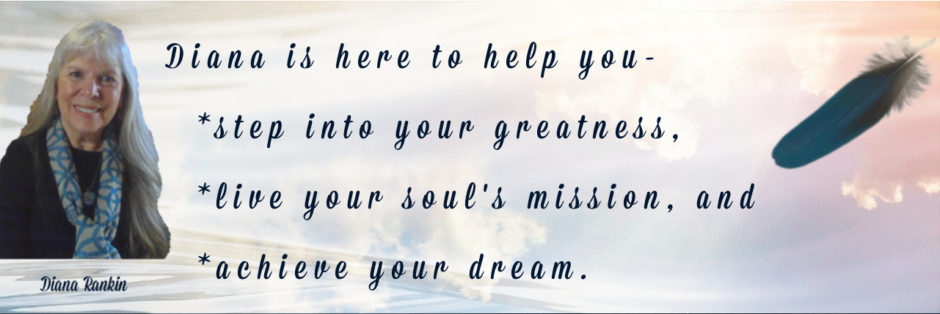There’s a patch of un-mowed grass in my yard. It’s there because a dying butterfly claimed it, and I saw no reason to disturb her. Having a neatly manicured lawn just isn’t that important to me, at least not as important as giving a butterfly her chosen space as she begins her transition into the next world. She wasn’t the first butterfly I say die—or the first winged one in whose death I was involved with.
Once I found a butterfly in my office building. She flew in through an open doorway and stayed where she landed—just out of reach of the sun in the hallway of a man-built structure in the 1870s. After watching her for a while, finally realizing she wasn’t going to get up and fly away, I carefully picked her up and carried her outside. She rode well on my palm and transferred through my nervous system her gratitude for her new place—a shady spot just beside the sun between day lily leaves and hydrangea bushes.
It wasn’t my place to extend the lives of these two butterflies, or to mourn over their passing. It was for me to thank them for sharing their magic with me, for giving me the energy of their lives, of what they represent—transformation into a new form. This is difficult for us—to watch something so beautiful die and not mourn. It is even more difficult when we are the instrument of that death, which I was the week I found the butterfly in my office.
It was a dove that ended its life on the front of my vehicle as I drove to the office one bright morning. There was no way to miss her. She flew up without warning from the side of the road and into the right front wheel well. I saw her hit. I heard her hit. But when I looked there was no bird on the side of the road, no bird impaled on the wheel well. No bird in sight. Yet, she had been there. Of that I’m sure.
“No! It’s a dove,” I cried out when I hit her, my heart thumping and breaking. And then I stopped. I heard her in my heart and knew she had come to me to give of her energy, her magic, her medicine. It was my choice to stay in the mourning of taking her body from her, or to engage in the interchange she offered me. I chose the latter.
It is in Ted Andrews’ book Animal Speak that I so often turn when a winged one or animal comes into my life, giving of its energy to help my life in its transitions and changes, celebrations and smooth pathways. Dove came to say, “These are the Between Times—a time in which there is a thinning of the veils between the physical and the spiritual, the past and the future.” She came to help me see the creation process within my own life.
She came to give me her song that I might mourn what has passed but awaken to the promise of the future. She came, as did the butterflies, to confirm the transition of which I have been aware, and to help me see what I can give birth to in my life.
I think of that dove and butterfly as I now watch the one in the un-mowed grass. And I think of the new birth in spirit world that comes for them.
The shaman’s life is full of new birth, the new that only comes after a death, an ending. All our lives are full of little deaths, mini deaths that—if we let go—allow us to move into the new—a new way of being, a new home, a new job, a new realm of existence.
We can hold onto the winger ones, mourning their passing. We can feel saddened by our part in taking the life of another of God’s creatures. Or we can thank the ones who come for imparting their medicine, their energy, to us, for gifting us with the magic they carry within them and have chosen us with whom to share this magic.
In accepting what is, we honor them, and we honor ourselves as beings who understand our oneness with all life and the miracle of the continuous circle of life and death and rebirth.
